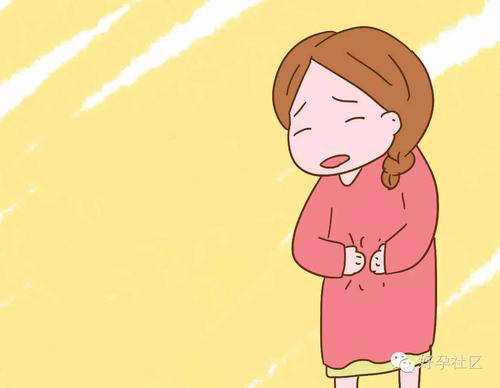In the ovaries of women, eggs exist in the form of follicles. Each cycle starts with a certain number of follicles developing, and after a cycle, the majority of developed follicles die, with only one dominant follicle maturing and ovulating each month.
Whether natural conception or assisted reproductive technologies like in vitro fertilization, they all depend on the dominant follicle. Mature eggs cannot exist without dominant follicles. Therefore, poor follicle development in daily life is indeed distressing. What are the factors that lead to poor follicle development?
1. Ovarian dysfunction, ovarian failure
Ovarian dysfunction directly affects follicle development, leading to inadequate or poor development of follicles. Ovarian failure results in no follicles being able to develop, causing decreased menstrual flow or even amenorrhea in women.
2. Polycystic ovary syndrome
Polycystic ovaries are one of the reasons for poor follicle development. Anovulation is the most common symptom in patients. Patients have enlarged ovarian volume with multiple small follicles that do not mature. Therefore, medication is needed to stimulate follicle development.
3. Hypothalamic anovulation
Primary organic factor, primary functional factor, secondary organic lesion, secondary functional factor.
4. Pituitary issues
The ovaries play a crucial role in pregnancy. Ovarian underdevelopment usually leads to abnormal ovulation in women, causing diseases related to female pituitary such as prolactinoma, hyperestrogenemia, and Sheehan syndrome. Abnormal high prolactin levels can inhibit changes in female ovulation.
5. Luteal phase deficiency
Luteal phase deficiency can lead to insufficient follicular growth. Injections to promote its growth may be administered according to a doctor’s recommendation.
6. Other factors
The body’s health is closely related to a person’s dietary habits, daily routines, mental state, personality traits, etc. Females who stay up all night for long periods, have irregular diets, experience high mental stress, or have a pessimistic mindset are more likely to encounter problems.
Congenital ovarian dysplasia, polycystic ovary syndrome, premature ovarian failure, chocolate cysts, functional ovarian tumors, and other conditions can affect ovarian ovulation. Additionally, thyroid dysfunction, severe diabetes, certain central nervous system diseases, and certain pituitary diseases can also impact ovarian function, leading to ovulation disorders and infertility.
Poor follicle development is a common phenomenon. Persistent active treatment and improvement of poor lifestyle habits are needed to gradually restore normal ovarian function, allow follicles to mature naturally, and produce good eggs.


